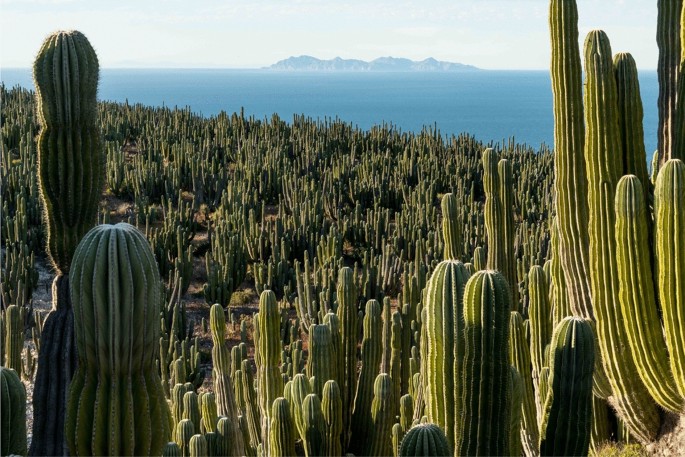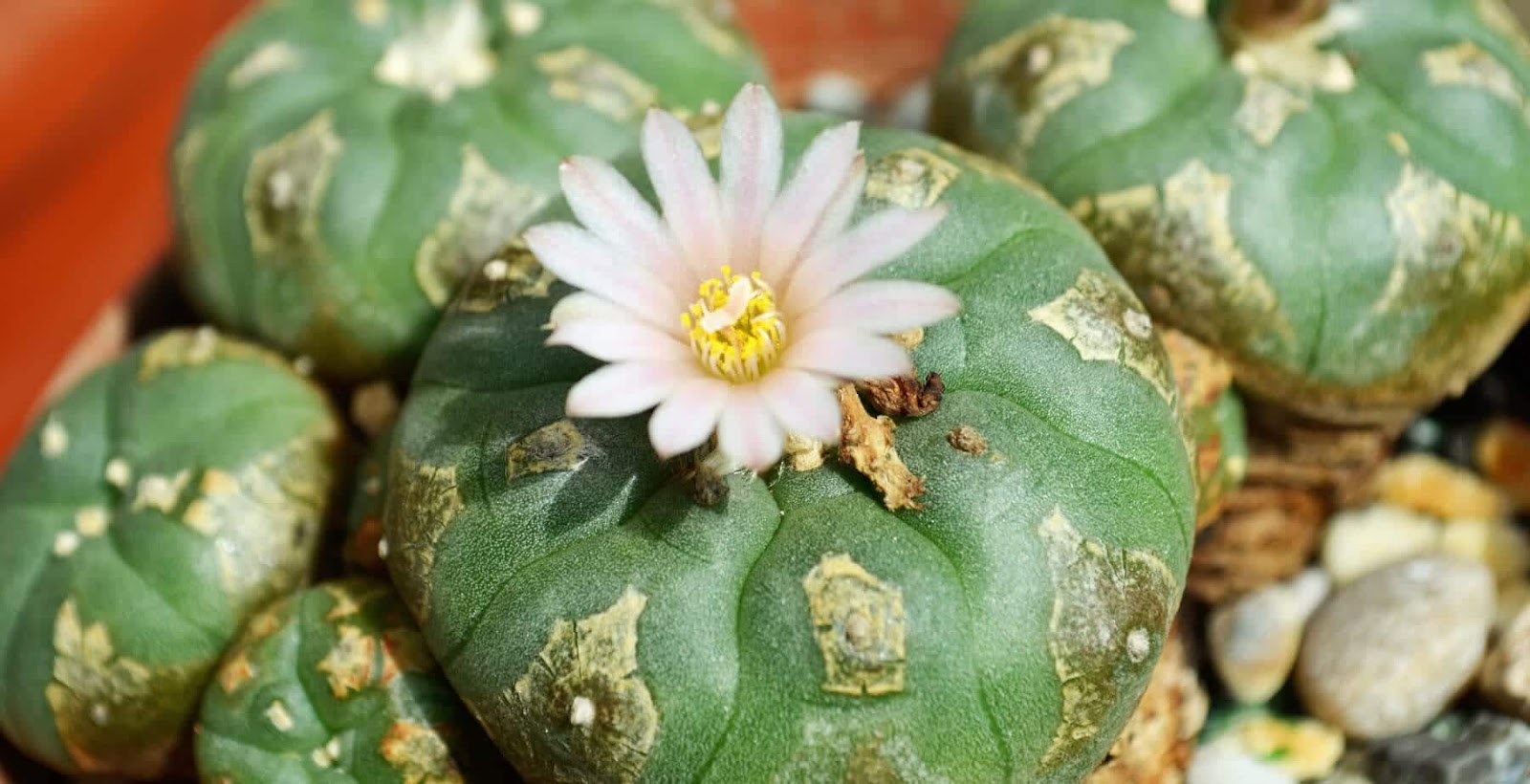Mescaline
Mescaline, a naturally occurring psychedelic compound found in various cacti species, has captivated human curiosity for centuries. This article embarks on a fascinating expedition into the world of mescaline, unveiling its historical significance, therapeutic potential, and its profound influence on mental health. Within this exploration, we will emphasize the importance of experienced guides in navigating the transformative realms revealed by mescaline.

San Pedro cactus containing mescaline
History
The history of mescaline is interwoven with indigenous cultures and their sacred rituals. Native tribes in the Americas, particularly in regions like Mexico and the southwestern United States, have used mescaline-containing cacti, such as peyote, for millennia. These ceremonies were designed to facilitate spiritual communion, healing, and personal growth.

The peyote cactus is a small, spineless cactus which contains psychoactive alkaloids, particularly mescaline
In the modern era, mescaline gained recognition in the Western world as researchers and adventurers sought to comprehend its effects on consciousness and well-being. It became a focal point of scientific and spiritual exploration.
Therapeutic Uses
Mescaline's therapeutic potential is as diverse as the landscapes it unveils during its journeys. While research into its applications is ongoing, there is compelling evidence of its profound therapeutic benefits.
One of the primary therapeutic qualities of mescaline lies in its capacity to induce altered states of consciousness characterized by heightened introspection and spiritual insight. These experiences often lead to personal transformation, as individuals gain a deeper understanding of themselves and their place in the universe.
At the heart of the mescaline experience is the presence of experienced guides. These individuals serve as compassionate and knowledgeable companions on the expedition of the mind. Their guidance is instrumental in ensuring that the journey remains safe, insightful, and therapeutic.
A typical mescaline journey involves ingesting the cactus, leading to an extended and often profound experience. Guides play a pivotal role in preparing participants for this odyssey, offering guidance during the experience itself, and providing essential integration support afterward.
The historical use of mescaline in indigenous rituals underscores the importance of guides. Shamans, steeped in tradition, have guided countless individuals through peyote ceremonies, facilitating their connection with the spiritual realm and helping them derive meaning and healing from these experiences.
Experienced guides in contemporary settings are equally crucial. They possess a deep understanding of the mescaline experience and create a secure and nurturing environment for participants. Their presence can mitigate anxiety and enhance the potential for therapeutic breakthroughs.
Mental Health Impact
Mescaline journeys are celebrated for their capacity to open doors to the psyche, unveiling profound insights and revelations. Participants frequently report encounters with ancestral spirits, a profound sense of unity with nature, and a newfound appreciation for life's mysteries.
Beyond their spiritual dimensions, mescaline experiences have shown promise in addressing mental health issues such as depression, anxiety, and substance addiction. The introspective nature of these journeys can lead to emotional healing, personal growth, and a sense of profound interconnectedness.
Mescaline's therapeutic efficacy is closely tied to its ability to promote introspection and self-reflection. During a mescaline journey, individuals often confront suppressed emotions, unresolved traumas, and existential questions. This confrontation can lead to deep emotional healing and psychological growth.
Following a mescaline experience, participants frequently report enhanced creativity, a heightened sense of purpose, and a reduction in symptoms of various mental health disorders. The enduring impact of a mescaline journey can be a catalyst for positive change in one's life.
Mescaline, found within the sacred cacti of the Americas, offers a profound portal to the depths of human consciousness. When guided by experienced facilitators, mescaline becomes a key to unlocking the mysteries of the self and the cosmos. In a world searching for innovative approaches to mental health and self-discovery, mescaline stands as a testament to the enduring power of ancient wisdom—an odyssey well worth undertaking for those seeking profound insights, healing, and transformation.
As we continue to explore the therapeutic potential of mescaline, it is essential to recognize the indispensable role that guides play in ensuring the safety and efficacy of these journeys. Their wisdom, empathy, and expertise make the exploration of mescaline's sacred realms a profoundly enriching and potentially life-altering experience for those who embark on this extraordinary voyage.